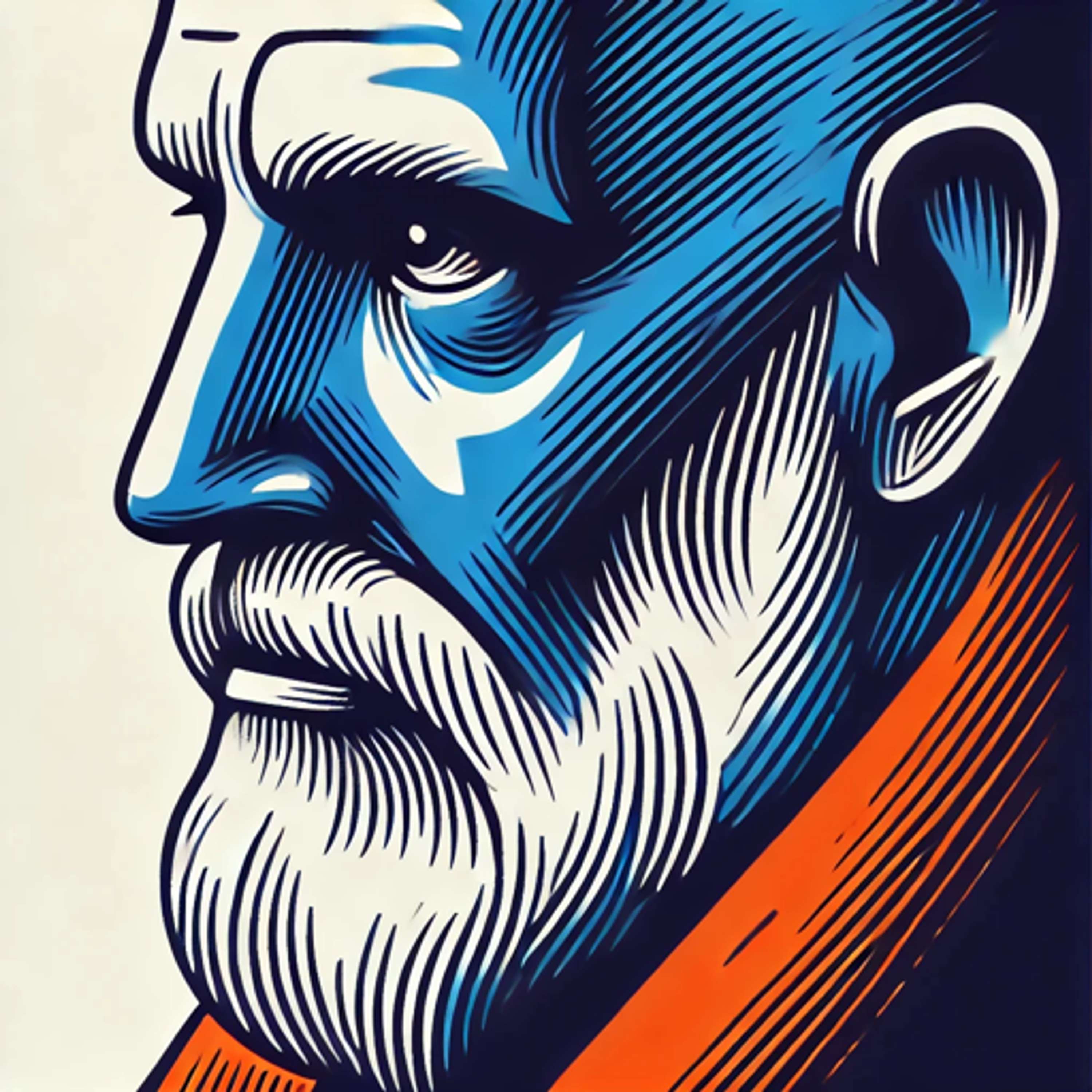Episode #412: Rewiring Minds: Games, AI, and the Future of Cognitive Health
Description
In this episode of the Crazy Wisdom Podcast, I, Stewart Alsop, sit down with Matt Omernick, a pioneer in leveraging interactive technology for health and cognitive improvement. We explore his journey from traditional game development to creating transformative digital therapeutics, touching on how technology like video games and AI is reshaping cognitive health, creativity, and human potential. Matt also shares his insights into the FDA approval process for these groundbreaking tools, discusses the role of creativity in a tech-driven future, and highlights the importance of ethical AI practices. For those interested in Matt’s work, you can connect with him on LinkedIn to dive deeper into his ongoing projects.
Check out this GPT we trained on the conversation!
Timestamps
00:00 Introduction and Guest Welcome
00:29 Neuralink and Cognitive Impairment
01:20 The Cognitive Crisis and Technology's Role
03:18 Digital Therapeutics and AI Biometrics
03:44 AI Augmentation and Creativity
05:33 The Future of AI and Creativity
08:02 Closed Loop Systems and Personalized Technology
11:42 Generative AI and Ethical Considerations
16:20 Art, Suffering, and Creativity
19:30 The Human Element in AI
20:10 Adaptability: Humanity's Strength and Weakness
22:05 The Role of AI in Creative Fields
23:08 Fragmentation and Tribalism in the Age of AI
24:46 Evolutionary Biology and Human Adaptation
28:14 Digital Health and Therapeutics
30:33 Navigating the FDA Approval Process
35:46 The Future of AI in Bureaucracy
39:37 Conclusion and Contact Information
Key Insights
- Technology as a Tool for Cognitive Health: Matt Omernick highlights the transformative potential of interactive technologies like video games in addressing cognitive impairments. Once stigmatized, video games are now proving to be powerful tools in promoting mental health, supported by rigorous scientific evidence. These innovations open a new frontier in digital therapeutics, making it possible to create adaptive experiences that train the brain and yield measurable, durable improvements in cognitive function.
- The Role of AI in Creativity and Problem-Solving: AI is reshaping creativity by serving as an augmentation tool rather than a replacement for human ingenuity. Matt draws parallels to the introduction of tools like Photoshop, emphasizing that AI enables artists and creatives to work faster, experiment more, and push boundaries, while still relying on human input to guide its applications. This partnership between humans and AI is a significant shift, particularly in industries like gaming and digital art.
- The Cognitive Crisis of Overstimulation: Modern society faces a cognitive crisis driven by unprecedented levels of stimulation from technology. Matt discusses how primitive brain structures are struggling to cope with the demands of a hyper-connected world. However, instead of retreating from technology, he advocates leveraging it intelligently to create systems that help humans adapt and thrive in this new environment.
- FDA Approval as a Milestone for Digital Therapeutics: Achieving FDA approval for a video game-based therapeutic was a groundbreaking step, validating the legitimacy of this new form of medicine. The process involved creating a new regulatory framework tailored to digital products, blending the rigor of traditional clinical trials with the flexibility of software development. This achievement paves the way for future innovations in digital health.
- The Power of Closed-Loop Feedback Systems: Closed-loop systems, which continuously measure and adapt based on user input, are central to the success of digital therapeutics and other adaptive technologies. Matt explains how this approach not only optimizes cognitive training but also offers a model for creating highly personalized and effective interventions in health and wellness.
- Ethics and Responsibility in AI Development: Matt underscores the critical need for ethical practices in AI, particularly in creative fields. Protecting artists’ rights, ensuring transparency in how AI is trained, and addressing potential biases are essential for fostering a future where technology serves humanity’s best interests without exploitation or harm.
- A Hopeful Vision for the Future: Despite potential dystopian outcomes, Matt remains optimistic about the trajectory of technology. He believes humanity’s adaptability and creativity will guide us toward solutions that enhance our lives and address major challenges. His work exemplifies this optimism, focusing on creating tools that blend technological sophistication with ethical and human-centered design principles.
























